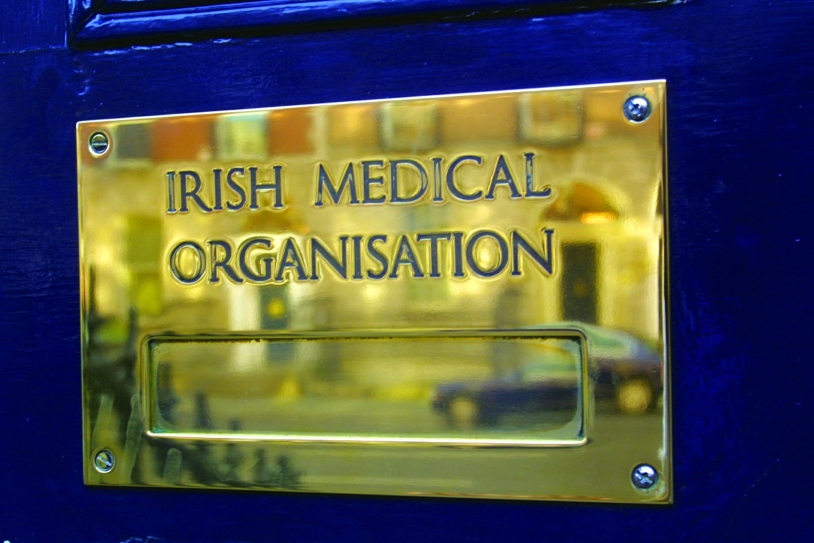People have been advised that SARS-CoV-2 “still poses a threat” as a further four deaths and 545 cases have been announced this afternoon by the Department of Health.
Chief Medical Officer Dr Tony Holohan has also stated that incidence around the country varies and some areas “are in a more precarious position than others”.
Of the cases notified today, 77 per cent were under 45 years, and the median age was 29. Some 264 cases were in Dublin, 58 in Kildare, 50 in Cork, 29 in Donegal, 28 in Galway and the remaining 116 cases are spread across 21 other counties.
As of 8am today, 139 Covid-19 patients were hospitalised, of whom 44 were in ICU. There were eight additional hospitalisations in the past 24 hours.
Some 1,487,043 doses of Covid-19 vaccine have been administered in Ireland (1,067,378 people have received their first dose; 419,665 people have received their second dose).
Dr Holohan commented: “The easing of restrictions is a welcome and deserved turning point in our collective efforts to get through this pandemic. It is a step closer towards the shared national goal of suppressing Covid-19 and protecting the vulnerable.
“However, incidence around the country varies. Some areas are in a more precarious position than others. For example, while the national incidence rate is 125 per 100,000, Donegal currently stands at 295 per 100,000. This is extremely concerning for public health doctors locally.
“We are calling on community leaders in areas such as Donegal, where the virus is still circulating at dangerous levels, to encourage the people there to stick with the public health measures, especially if they are vulnerable or have yet to be vaccinated.
“January was a difficult time for us as a country, but particularly tough for those in Donegal. It is important that we look forward now and work together to reduce incidence nationally, but also in our own locality. Your individual actions for the good of your neighbours and community do matter, and they will make all the difference.”
Dr Ronan Glynn, Deputy Chief Medical Officer, added: “We have achieved a huge amount as a country, but this virus still poses a threat and it is important to stay vigilant and not to drop your guard over the coming weeks. This is especially true for those who have yet to be vaccinated or are particularly vulnerable.
“The important thing to do as society reopens is to continue to risk assess your choices and your environment. Just because something is an option, doesn’t always mean it’s safe. Crowded places and enclosed spaces still carry a risk.
“If you don’t feel comfortable, or feel a place is too crowded, leave. Encourage your friends and loved ones to continue to follow the basic measures to protect themselves and their families.”
Prof Philip Nolan, Chair of the Irish epidemiological modelling advisory group, stated: “Business owners, employees and customers have received welcome and much-awaited positive news regarding the restarting of our economy. However, it is extremely important that everyone take this time in anticipation of reopening to review their safety practices and protocols. This is for the benefit of us all, but critically for those who they employ.
“Remember that you have a duty of care to those that work for you, and your patrons and clients. Reopening comes with it the responsibility to mitigate the risk of Covid-19 spreading in your establishment.
“We are all looking forward to seeing one another again for a browse, a coffee, or a meal. But we must do so safely, and in new ways, to ensure this virus is kept at bay for the coming months as vaccination levels continue to increase.”
Prof Pete Lunn, Head of the Behavioural Research Unit, ESRI, noted: “Today’s results from the latest research on people’s behaviour, undertaken independently by the institute’s Behavioural Research Unit, show that while the large majority of the population continue to follow the public health guidelines in most aspects of their lives, there has nevertheless been a clear fall-off in the levels of compliance reported in recent weeks.
“However, the average number of people that each individual met from another household, the number of social visits to homes, and the likelihood that people had close contacts, all of which had been increasing during February and March, did not increase further over the Easter period.
“Data also show that despite news stories surrounding a very low risk of blood clots associated with some vaccines, people’s intention to take the vaccine remains very high. Over 80 per cent say they will take the vaccine when offered it, with most of the remainder saying they are still unsure.”













Leave a Reply
You must be logged in to post a comment.